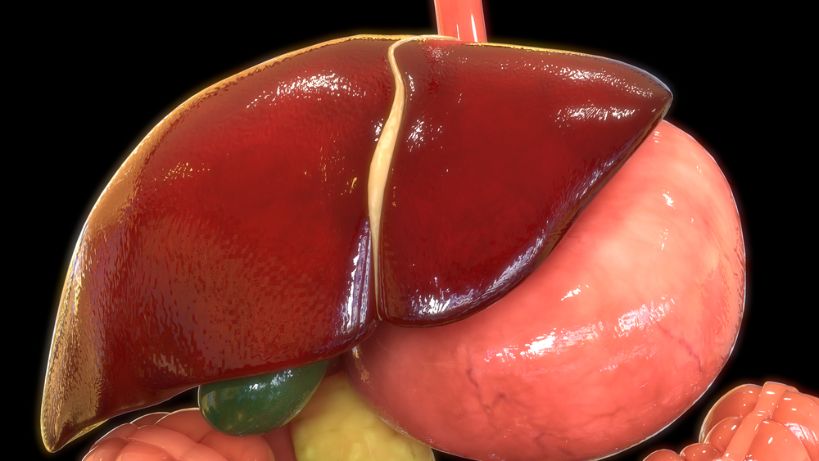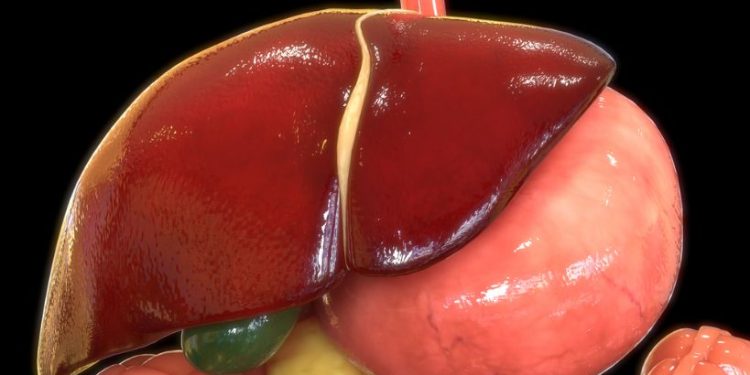Liver cancer is one of the most rapidly increasing types of cancer in the United States. It occurs when tumor cells develop from liver cells and divide uncontrollably. This type of cancer can spread to other areas of the body, including the lungs and bones.
The most common type of liver cancer in adults is hepatocellular carcinoma, which starts in the main cells of the liver. Other types of primary liver cancer include intrahepatic bile duct cancer and angiosarcoma, which start in the cells that line blood vessels in the liver.
Primary liver cancer is more likely to occur in men ages 60 and older, but it can happen to anyone at any age. People who have cirrhosis, a condition that causes scarring of the liver tissue and increases the risk of developing liver cancer, are also at higher risk.
Symptoms of liver cancer vary widely depending on the type and stage of the disease. Some symptoms may not be noticeable until the cancer is more advanced. Other symptoms, such as upper abdominal pain and swelling in the right side of the abdomen, can be felt even when the cancer is not growing or has not spread.
Your doctor can diagnose liver cancer with a physical exam, laboratory tests and imaging. If the doctor suspects you have cancer, a biopsy will be done to look at the tissue under a microscope for signs of cancer.
The doctor may also use a special imaging test called a liver ultrasound or CT scan to see what’s going on in your liver. This test is more accurate than a regular MRI and can be used to detect small amounts of cancer in the liver before it gets too big.

If the doctor suspects you have cancer, your treatment plan will include some form of surgery or other interventional therapy. Some doctors use a technique called ablation to remove the cancer and stop it from growing. Others use a procedure called cryoablation, which freezes the cancer, making it smaller and less likely to grow or spread.
Another option for treating small primary liver cancers is chemoembolisation, which uses chemotherapy drugs injected into the hepatic artery to starve the tumor of blood and oxygen. The drugs may also help kill any other cancer cells in the artery.
Other types of chemotherapy may be used to treat liver cancer that has spread to other parts of the body. Systemic chemotherapy, which is given in tablets or through an intravenous (IV) drip, can be used to shrink the tumor and relieve pain.
It is possible for chemotherapy to cause side effects, such as nausea or vomiting. Talk with your doctor about these side effects and other concerns before starting any medication, as they could be serious.
Managing your symptoms is an important part of your treatment plan, which will often begin soon after your diagnosis and continue throughout the rest of your treatment. Relieving symptoms can help ease the stress on your body and your family as you go through your treatment.









